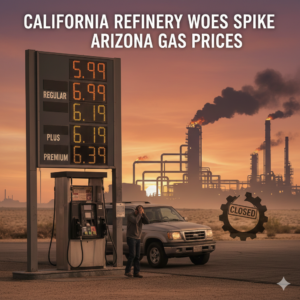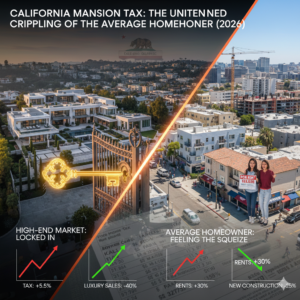As of March 16, only 38% of the grant money from the Neighborhood Stabilization Program (NSP) had been “obligated,” meaning a municipality has a formal contract at a specific address in place. More than 300 local governments have barely made a dent in their funds, according to a recent U.S. Department of Housing and Urban Development report. Some communities have used their money to buy, renovate and resell homes to low- and moderate-income families. Others demolished eyesores or bought multifamily apartment buildings and rented them out. Some used non-profits to manage the program. But governments must commit the money to projects by September or it’s gone, and local officials say they’ve been stymied by the rules, overwhelmed by starting a new program and, in many cases, outbid by cash investors when trying to buy foreclosures.
Under HUD rules, grant recipients must pay 1% less than the appraised value of any property. “We’re competing with the marketplace for foreclosed properties,” said Kurt Bressner, the city manager of Boynton Beach, Fla., which as of mid-March had only spent $11,000 of its $3 million grant. “By the time the properties end up in the listings, they’re gone.” In March, dozens of officials converged on Harvard University for a forum sponsored by Living Cities, a philanthropic collaborative of large foundations and financial institutions. The two-day session was all about how to spend NSP funds quickly. Apparently the administration just can’t spend money fast enough.






I’m very positive that everything that Obama and his administration have been doing will help the economy recover faster from it’s ups and downs. It may not be the best now, but wait until the tide turns over.
Houston drunk driving defense lawyers